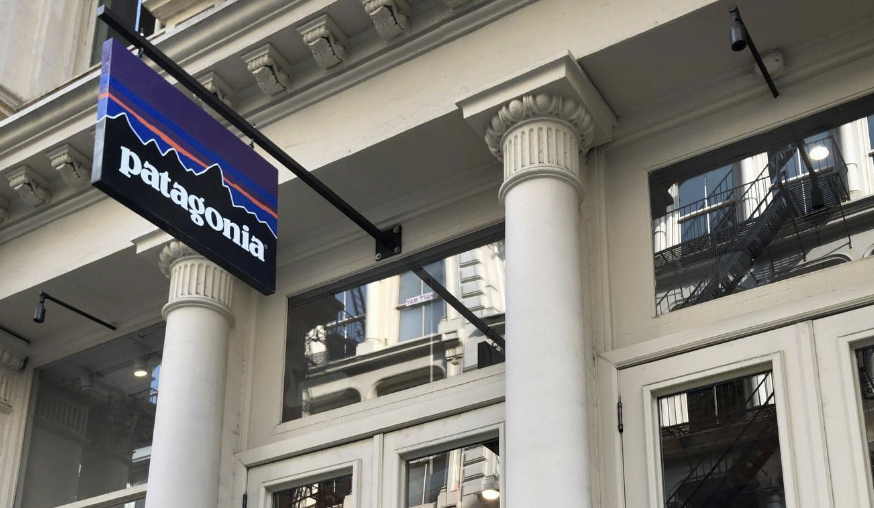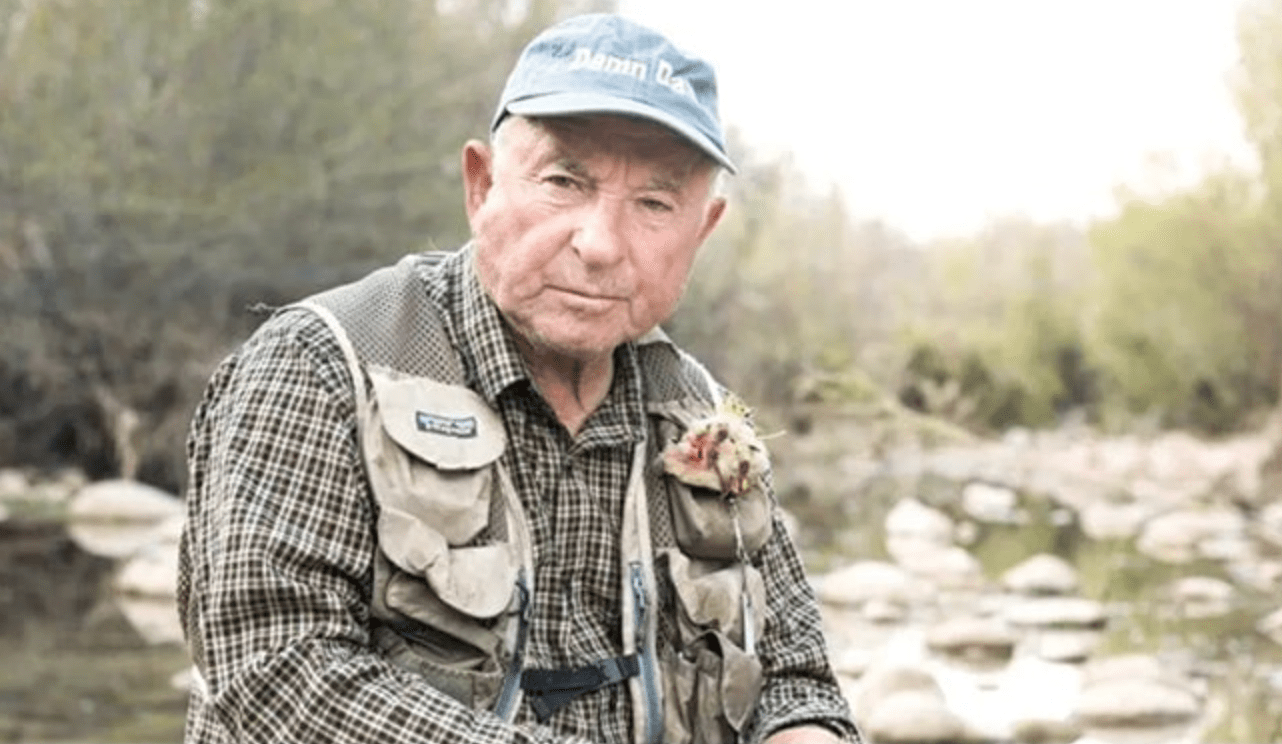
On September 14, Patagonia made headlines and shocked the outdoor industry when owner Yvon Chouinard announced that he was transferring 98% of the family-owned company, including all its non-voting stock, to a new nonprofit called Holdfast Collective. Made in the name of saving the planet, the donation hands the company off to an advocacy group with a mission to “fight the environmental crisis, protect nature, biodiversity, and support thriving communities.” As most of Patagonia’s shares will be transferred to a 501(c)(4) nonprofit, Chouinard will not have to pay taxes on the gift.
In the chess move of corporate maneuvering, the new structuring will allow Chouinard and his family to effectively maintain control of Patagonia, direct billions toward climate advocacy, and almost entirely avoid all taxes. Chouinard told the New York Times that the family’s voting stock, about 2% of all shares, was being transferred to a new trust called the Patagonia Purpose Trust to be run by family members and advisers. The rest of the privately owned company’s stock, which the family now holds, will go to Holdfast Collective.
Philanthropy, it’s the billionaire’s way
By donating a large chunk of the company, valued at $3 billion according to the New York Times, Chouinard joins a small but growing movement among the ultra-wealthy to use nonprofits to exercise political influence for years to come in what Choiunard called “reimagining capitalism.” Although Patagonia’s profits will be used to make the world a better place, the family made the move in a tax-advantaged way. This is a feature that many philanthropists take advantage of and can be pretty popular in the exclusive world of billionaires.

Quartz Business Media spoke to NYU law professor Daniel Hemel about Patagonia’s $3 billion corporate gift and how it is a convenient way to avoid taxes. Regarding the decision as an act of philanthropy, an act of tax avoidance, or something in the middle, Hemel said:
“The Chouinards are not claiming an income tax deduction in the same way that the 10% of Americans who itemize get a tax deduction when they give to charity. A lot of the big-time philanthropy— whether it’s going to a (c)(3) [a typical nonprofit charity] or a (c)(4)—that deduction matters only a bit in the big scheme of things because many philanthropists have already figured out ways to minimize their income tax liability. When Warren Buffett gives Berkshire Hathaway stock to the Gates Foundation, he’s able to deduct a bit of it, but his taxable income is so small relative to the amount he’s giving away that the deduction is almost trivial to him. What really matters is the fact that the Gates Foundation can then sell the stock tax-free. I don’t think what they’re doing is in any way tax evasion—it’s legitimate tax avoidance.”
During last week’s announcement, Chouinard said in his statement that the Patagonia Purpose Trust was “created to protect the company’s values” of preserving nature through business practice. The Holdfast Collective noted that “every dollar that is not reinvested back into Patagonia will be distributed as dividends to protect the planet.”
Ryan Gellert will continue to serve as Patagonia’s CEO, and the Chouinard family will remain on Patagonia’s board, updating its website to state that “Earth is now our only shareholder.” The private company already gives away 1% of sales yearly to environmental nonprofits. It will continue to operate as a Certified B-Corp Business, but it’s unclear if it will become more involved in politics.
There’s no doubting Chounard’s climate-centric activism, but was this pivot by the billionaire made to keep his gains in mind? Whatever you want to make of the move, it’s clear the structure of the Chouinards’ contribution falls under an idiosyncrasy of American tax law: Wealthy people don’t pay taxes in the same way everyone else does.

F Pattagucci
I dont know what’s worse, billionaires getting away with tax evasion only cause they support Democrats, or all the ads popping up on this site now…
I wonder in this case about the $700,000,000 difference…who would make a better steward of those funds, the federal government or the Patagonia trust